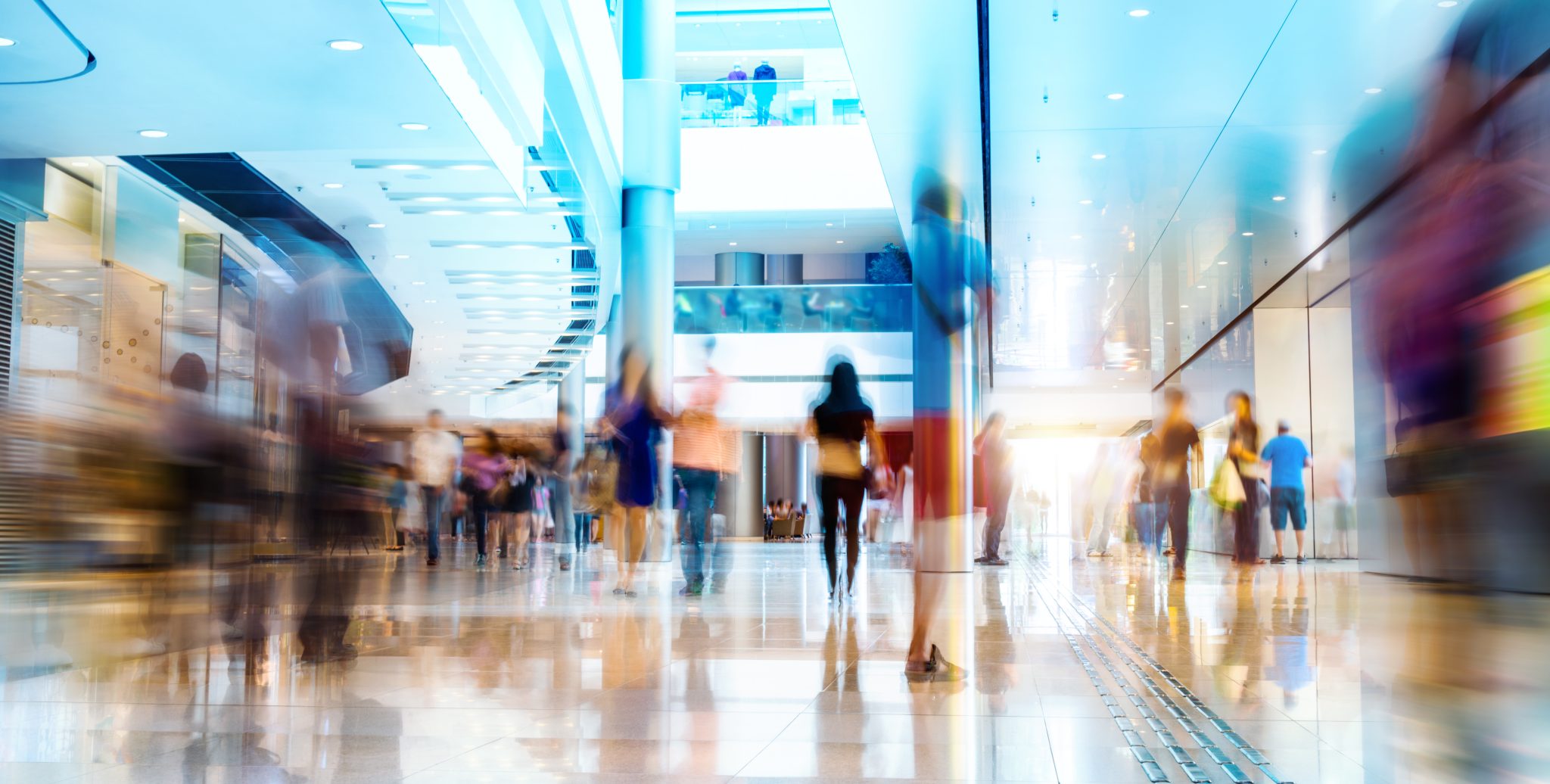

The UK retail sector is experiencing an unprecedented surge in shoplifting incidents, leaving many businesses struggling to protect their staff, customers, and bottom lines. As this epidemic escalates, retailers are turning to advanced physical security solutions to combat the growing threat.
The scale of the shoplifting problem in the UK is staggering. According to the British Retail Consortium, theft losses doubled to £1.8 billion last year, with an average of 45,000 incidents occurring daily. In an industry where margins are being squeezed by a challenging economy and increased rents and business rates, this spike in crime could scarcely come at a worse time.
The impact of this retail crime wave extends far beyond financial losses. Shoplifting incidents often leave retail staff feeling vulnerable and unsafe in their workplaces, leading to decreased morale and increased anxiety. In some cases, shoplifters are even resorting to physical and verbal threats to intimidate staff and make off with stolen goods.
In response to this growing threat, retailers are investing heavily in crime prevention measures. Last year alone, the industry spent a record £1.2 billion on security solutions designed to deter shoplifters and protect their premises. Many of the big four supermarkets have even installed safety screens in their smaller stores and petrol station kiosks to prevent assaults against staff and the theft of high-value items.
In May, the chairman of Marks & Spencer said UK police “aren’t interested” in tackling shoplifting. Archie Norman’s claim came in response to figures that showed the Metropolitan Police attained fewer than 40% of reported shoplifting incidents from April 2022 to 2023.
Speaking on LBC radio, Norman said: “I think it [shoplifting] is a problem. I think I have said before, but it’s a worldwide problem coming out of the pandemic. It’s happened everywhere. We get very little help from the police, and we have to accept that police are not interested in this sort of crime anymore.”
In response to the growing issue, the Justice and Home Affairs Committee has launched an inquiry to examine the issue in more detail. It will focus on the challenges police face in responding to shoplifting, the background of the Government’s Retail Crime Action Plan, and the effectiveness of initiatives such as Pegasus, which aims to tackle the rise in shoplifting and keep retail workers safe.
During the first oral evidence session of the inquiry on May 21, the Committee heard from senior police officers and the Sussex Police and Crime Commissioner about Pegasus and its role in building intelligence about the relationship between shoplifting and organised crime gangs.
The Pegasus plan includes a police commitment to urgently prioritise attending the scene of shoplifting instances involving violence against a shop worker, where security guards have detained an offender or where attendance is needed to secure evidence. Police attendance will be assessed based on risk, and prolific or juvenile offenders will be treated with elevated priority.
The inquiry will also explore the consequences for retailers not part of the partnership and private companies’ role in supporting Pegasus. One of the key issues that the inquiry is likely to investigate is the use of technology in combating shoplifting. This includes the role of retrospective facial recognition technology in identifying and apprehending repeat offenders and the potential for other innovative solutions to deter would-be thieves.
While technology such as facial recognition and AI-driven solutions can certainly help combat shoplifting, robust physical security measures are crucial in protecting retail businesses, their staff, and their customers.
Physical security solutions, such as advanced security doors, screens, gates, and speed lanes, act as a powerful visual deterrent to potential shoplifters. They clearly show that the store takes crime prevention seriously. These measures can help prevent shoplifting incidents from occurring, reducing the need for confrontation between staff and criminals.
Moreover, physical security solutions can provide a vital layer of protection for retail staff who may face verbal or physical threats and abuse from shoplifters. Creating a secure barrier between staff and potential assailants can help reduce the risk of harm and provide employees with a greater sense of safety and well-being in the workplace.
In addition to protecting staff, physical security measures can also play a crucial role in safeguarding high-value items and reducing overall losses from theft. Solutions such as locked cabinets, secure displays, and reinforced doors can help deter criminal activity and minimise the financial impact of shoplifting on retailers by making it more difficult for shoplifters to access and conceal stolen goods.
Safetell offers a range of advanced physical security solutions designed to provide comprehensive protection for retail businesses. Its products include cutting-edge security doors, screens, gates, and speed lanes that have been proven to deter shoplifters and protect retail premises effectively. These solutions are fully customisable to meet the unique needs of each business, ensuring a perfect fit with existing store layouts and branding.
One key advantage of Safetell’s products is adaptability. Whether a retailer wants to upgrade its existing security measures or install a completely new system, Safetell’s solutions can be seamlessly integrated into any environment. This flexibility is essential for businesses with multiple locations or those undergoing renovations, as it allows for a consistent and effective security strategy across the entire organisation.
Ultimately, while technology can help identify and apprehend shoplifters, it is no substitute for the physical protection provided by advanced security solutions. By investing in technology and robust physical security measures, retailers can take a holistic approach to crime prevention, ensuring the safety of their staff, customers, and bottom lines.